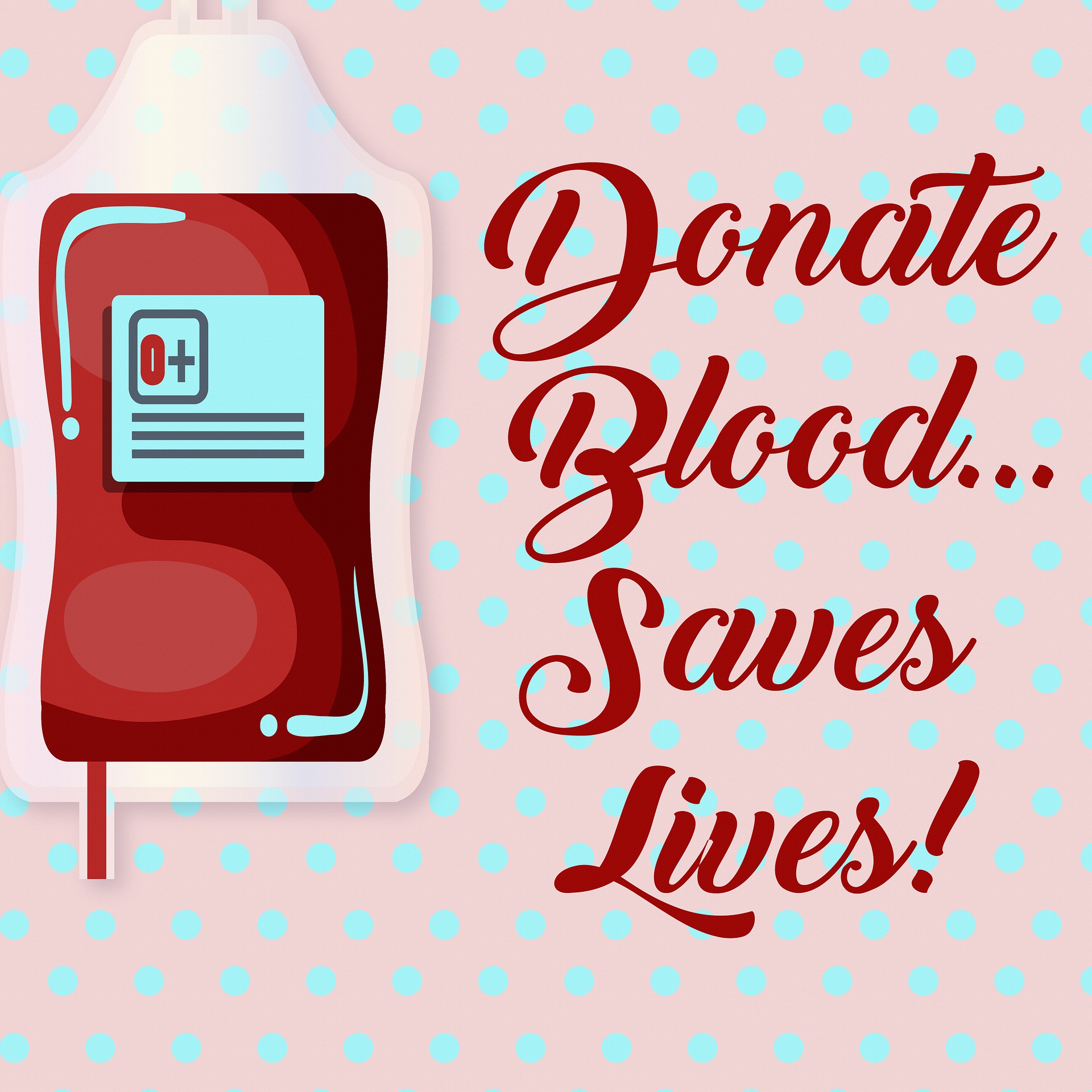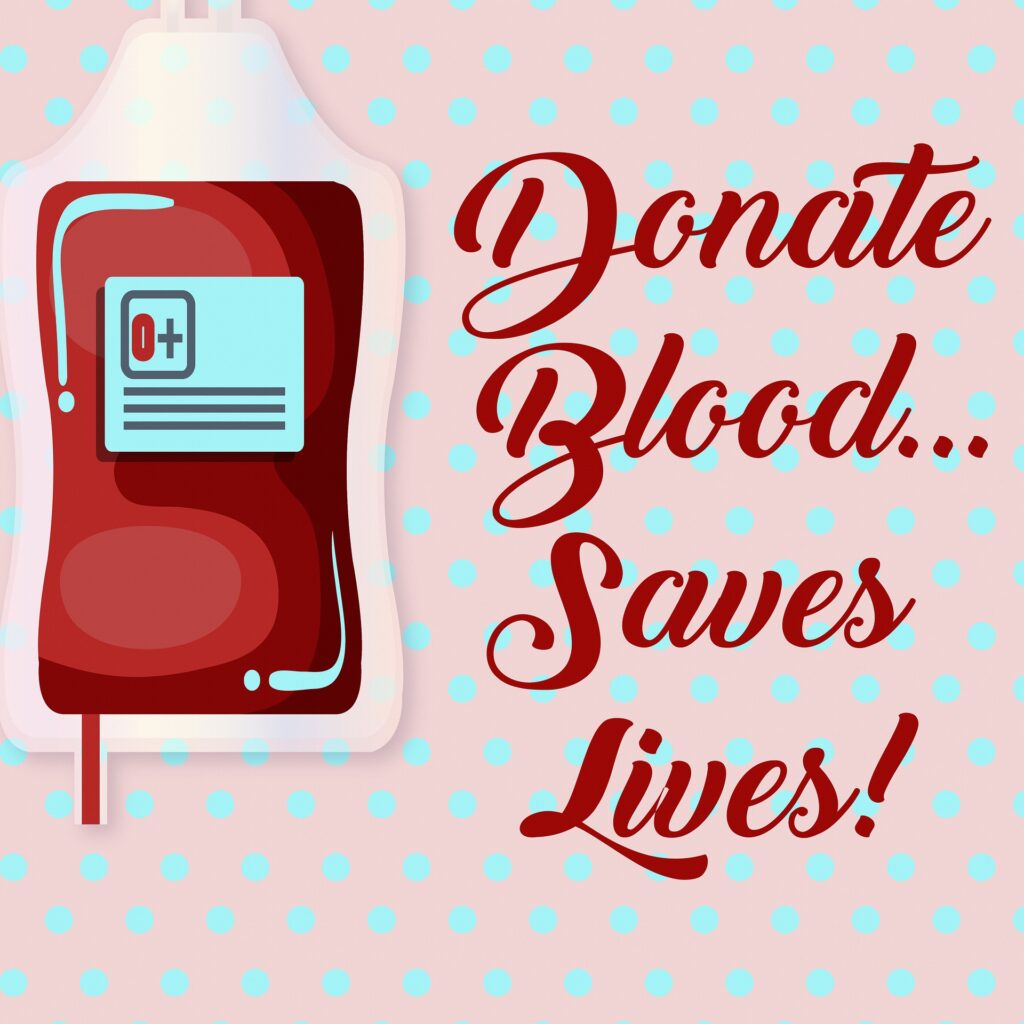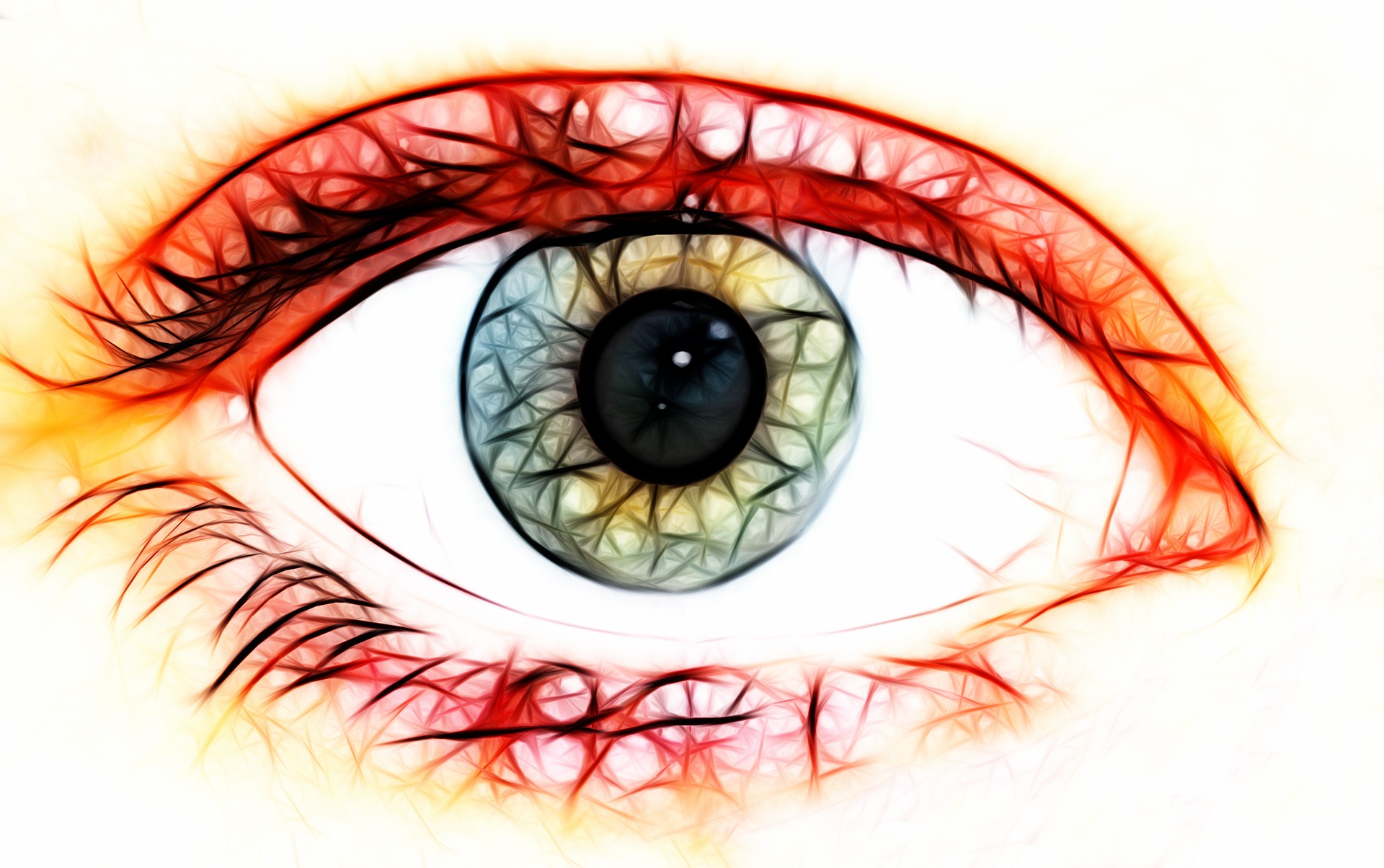
GIVE BLOOD

Sickle cell is currently the fastest growing genetic disorder in both the UK and the wider world. People from Black African or Black Caribbean backgrounds are most likely to have this condition which can often require frequent, life-saving blood transfusions. For those reliant on regular transfusions, it is essential that they receive blood matched as closely as possible to their own. A match is most likely to come from a donor of the same ethnicity, yet currently only 1.5% of donors in England are Black. There is also an increased demand for some rare blood subtypes, such as Ro, that are more common in Black people. More blood donors from a Black background are needed as these subtypes are important when someone has regular transfusions as they need blood that matches their own as closely as possible to reduce the risk of potentially life-threatening transfusion reactions.
Minority blood donations have historically been low all over the world. Increasing the proportion of minority blood donations is essential to reducing blood transfusion complications, particularly in individuals with sickle cell disease (SCD) and thalassemia, for several reasons. SCD and thalassemia disproportionately affect minority racial and ethnic populations. Individuals with hemoglobin disorders often need transfusions—sometimes habitually and sometimes intermittently.
If exposed to unmatched donor blood, the risk is alloimmunization: the development of antibodies to the foreign red blood cell antigens. Increasing blood donations among minorities can ensure better access to minor antigen-matched units; however, strategies for promoting donation in these populations require awareness of the unique characteristics of minority groups and blood donation, as well as programs that address facilitators and barriers to minority blood donation.
The principal barriers to blood donation are fear, inconvenience, perceived medical disqualification, being too busy, not being asked, and apathy. My personal opinion on the matter is that people need to be enlightened, educated, get more knowledge about giving blood. I have spoken about giving blood to people, and their first response, without thinking it through, is to say no. But after taking the time to explain how they would be doing something worthwhile and appreciated, which would be helping someone else from their own ethnic background, then there is a change of outlook.
I am of the opinion that, we need to educate our people more in order that they comprehend the significance, relevance and life-saving experience it is to give blood. I believe that once black people understand better why they are being asked to give blood and they come forward, then they need to realize that it has to be a regular thing and not just a one off wonder. The rule of thumb is that one must wait at least eight weeks to 16 weeks (56-112 days) between blood donations.
I also think one of the other factors is spirituality and fear; as they say information is key but in places of faith, blood is associated with sacrifice of some sort and as such, people are frightened to give blood because they don’t know where their blood will end up. The Bible talks about ‘life in the blood’ and that is so true, to give blood is to give life to someone else, to give blood is to save a life; to give blood is to help save someone in time of need etc.
Reference: https://www.sicklecellsociety.org/
My book: HOW TO LIVE WITH SICKLE CELL: SICKLE CELL and I (is now available on OkadaBooks & Amazon). Pls get your own copy.






